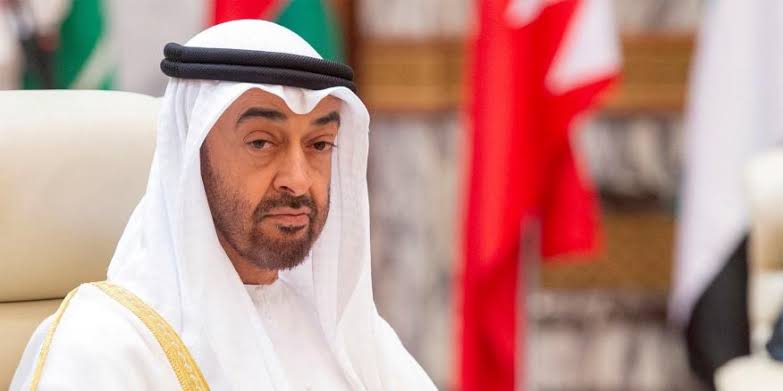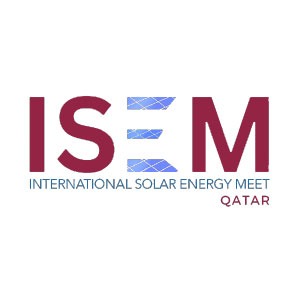- ASRY Awarded 2024 RoSPA Gold Medal in Health and Safety
- BP ponders shifting focus away from renewables, say sources
- QatarEnergy enters 10-year naphtha supply agreement with Japan’s ENEOS Corporation
- The International Energy Agency expects oil demand growth to slow in 2024
- The International Monetary Fund re-selects Kristalina Georgieva as its director
- Libya to target producing 1.4 million b/d by end 2024
- TotalEnergies launches the Marsa LNG project and deploys it multi-energy strategy in Oman
- H.E. Minister Al-Kaabi: Demand for oil and gas will continue for long; we have to be responsible, and Qatar is doing its part
- Egypt to stop exporting LNG starting from the beginning of May 2024
- QatarEnergy selects Nakilat to own and operate 25 conventional LNG vessels

UAE: Numerous projects and strategic goals in the field of solar energy

As part of its strategic plans to achieve sustainable development and preserve the environment, the UAE has been active in establishing huge clean and renewable energy projects, especially solar energy projects, to provide a large part of its needs.
Relying on its sunny climate throughout the year, the UAE has become at the forefront of countries adopting clean energy technologies, primarily solar energy, through a portfolio of stations, including Noor Abu Dhabi, Shams Abu Dhabi, and the Mohammed bin Rashid Al Maktoum Solar Energy Complex in Dubai.
In November 2023, the UAE will host the 28th session of the Conference of the Parties to the United Nations Framework Convention on Climate Change (COP28). It is a global platform that allows the UAE to show its efforts to shift towards the use of renewable energy, especially solar energy, in its endeavor to meet 50% of its energy needs in 2050 from renewable resources.
Solar energy is a second source of electrical energy that is produced in the UAE. Where the country enjoys sunny weather most days of the year, which made the sun turn into an ideal alternative to provide renewable and sustainable energy that achieves a strategy of zero greenhouse gas emissions, at a competitive cost.
Solar energy will contribute to accelerating the achievement of the strategic goal of diversifying sources of income, creating opportunities for sustainable economic and social growth, while achieving a balance between sustainable development and reducing the repercussions of climate change, building a knowledge economy, benefiting from clean technology in achieving sustainable development, and creating a diverse mix of energy resources.
The UAE continues to build renewable and clean energy projects, most notably the Shams Abu Dhabi project and the Mohammed bin Rashid Al Maktoum Solar Energy Complex in Dubai, which will have a production capacity of 5,000 megawatts by 2030.










